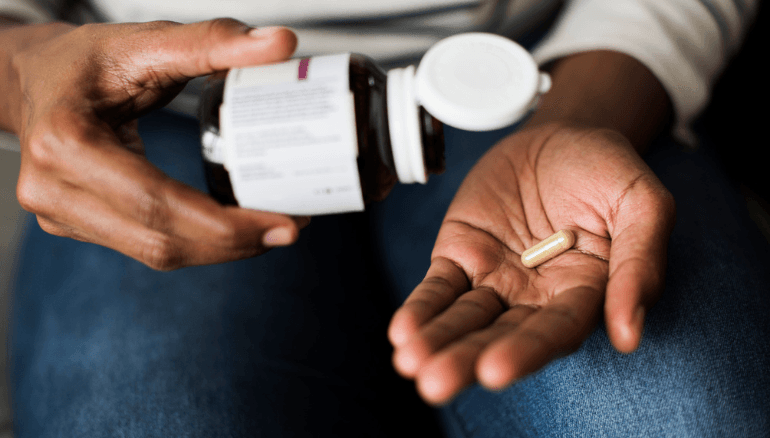The Victorian Health Department issued a warning for consumers of a sexual dysfunction supplement called Penisole after a user was found to have a significantly elevated blood lead level.
The supplement contains lead levels 1000 times higher than acceptable by the Therapeutic Goods Administration (TGA).
What is Penisole?
Penisole is an Ayurvedic medication that claims to improve erectile function, increase libido and enhance sexual performance.
Penisole can be purchased online and imported from overseas, but it is not a listed or registered complementary medicine in Australia.
If you’re taking Penisole you should stop immediately and speak to your doctor about blood lead testing.
The extremely high levels of lead found in the supplement can cause health problems including long-term organ damage and even death.
The health effects of lead exposure depend on a person’s age, how much lead they were exposed to, how long they were exposed and whether they have other health conditions.
Symptoms of lead poisoning
The dangers of using supplements
At least 1 in 3 Australian men use dietary supplements or complementary medicines. Turning to a supplement that promises a fast, effective and discreet solution for a minor health concern or something that you’re embarrassed to discuss with your doctor is tempting, but it’s important to get advice from health professionals to make sure anything you take is suitable for you.
Unregulated complementary medicines and supplements may be contaminated, contain illegal substances or include the wrong amount of ingredients. This can have serious health consequences.
Some problems, like erectile dysfunction, can be a symptom of serious illness. Determining the cause of your symptoms can help you find effective treatment and catch life-threatening health problems, like cardiovascular disease, before they get worse.
If you are shopping for a complementary medicine or supplement, choose products that are regulated by the TGA and labelled ‘AUST L’ or AUST R’.
These products are low risk, contain ingredients identified on the label and were made in line with strict manufacturing practices. You can find out whether a product has been approved by the TGA here.
Related Articles

Why erectile dysfunction is a major red flag for cardiovascular disease
Read article
Do testosterone boosting supplements work?
Read article
Do male fertility supplements work?
Read article
Can protein shakes and supplements affect male fertility?
Read article










